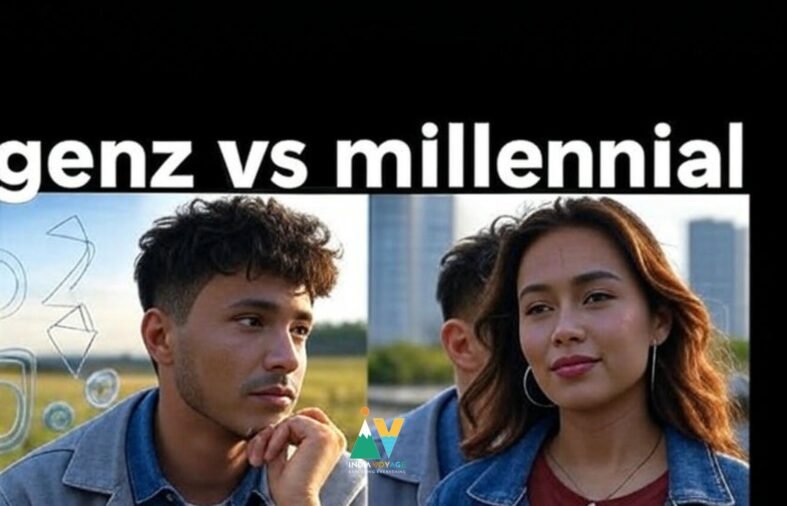Is Generation Z (born 1997–2012) struggling more with mental health than Millennials (born 1981–1996) did in their youth? Emerging evidence suggests yes, with Gen Z facing unique challenges that amplify their struggles. But their response—marked by openness—sets them apart.
A Clear Divide in the Data
Recent studies highlight a stark contrast. In 2023, surveys showed nearly 37% of Gen Z adults (ages 18–26) reported poor mental health, compared to roughly 11% of Millennials at a similar age a decade earlier. Among Gen Z teens, 42% reported persistent sadness or hopelessness in 2021, a significant rise from Millennials’ rates in the early 2000s. Hospital data reveals mental health-related emergency visits for Gen Z surged by nearly 100% from 2011 to 2020, with suicide-related cases increasing dramatically. Only a small fraction of Gen Z—about 15%—rate their mental health as “excellent,” a lower share than Millennials reported in their youth.
What’s Driving the Struggle?
Gen Z’s world is uniquely intense. Constant connectivity through social media, where many spend hours daily, breeds comparison and exposure to negativity. Global crises like climate change and frequent school shootings hit hard—over 70% of Gen Z name these as major stressors, far more than Millennials did. Economic pressures, from rising costs to job market uncertainty, loom larger in a post-2008 economy. The pandemic’s isolation also left deeper marks, with Gen Z reporting higher rates of distress than Millennials during similar disruptions.
A Bold Response: Breaking the Stigma
Yet Gen Z isn’t just weathering the storm—they’re reshaping the conversation. Over a third have sought professional help, slightly outpacing Millennials. Around 40% engage in regular therapy, and more than half have accessed mental health support at some point. Unlike Millennials, who faced greater stigma, Gen Z uses platforms like Instagram and TikTok to share experiences, building virtual communities that normalize vulnerability. This transparency reflects a cultural shift: mental health is a priority, not a secret.
Looking Forward
Gen Z’s mental health challenges are steeper than Millennials’ were, fueled by a digital, uncertain world. But their proactive approach—embracing therapy and open dialogue—hints at resilience. Success for Gen Z may not lie in escaping struggles but in redefining how they’re faced. As they pave this path, they’re setting a new standard for mental wellness that could benefit generations to come.











Leave A Reply